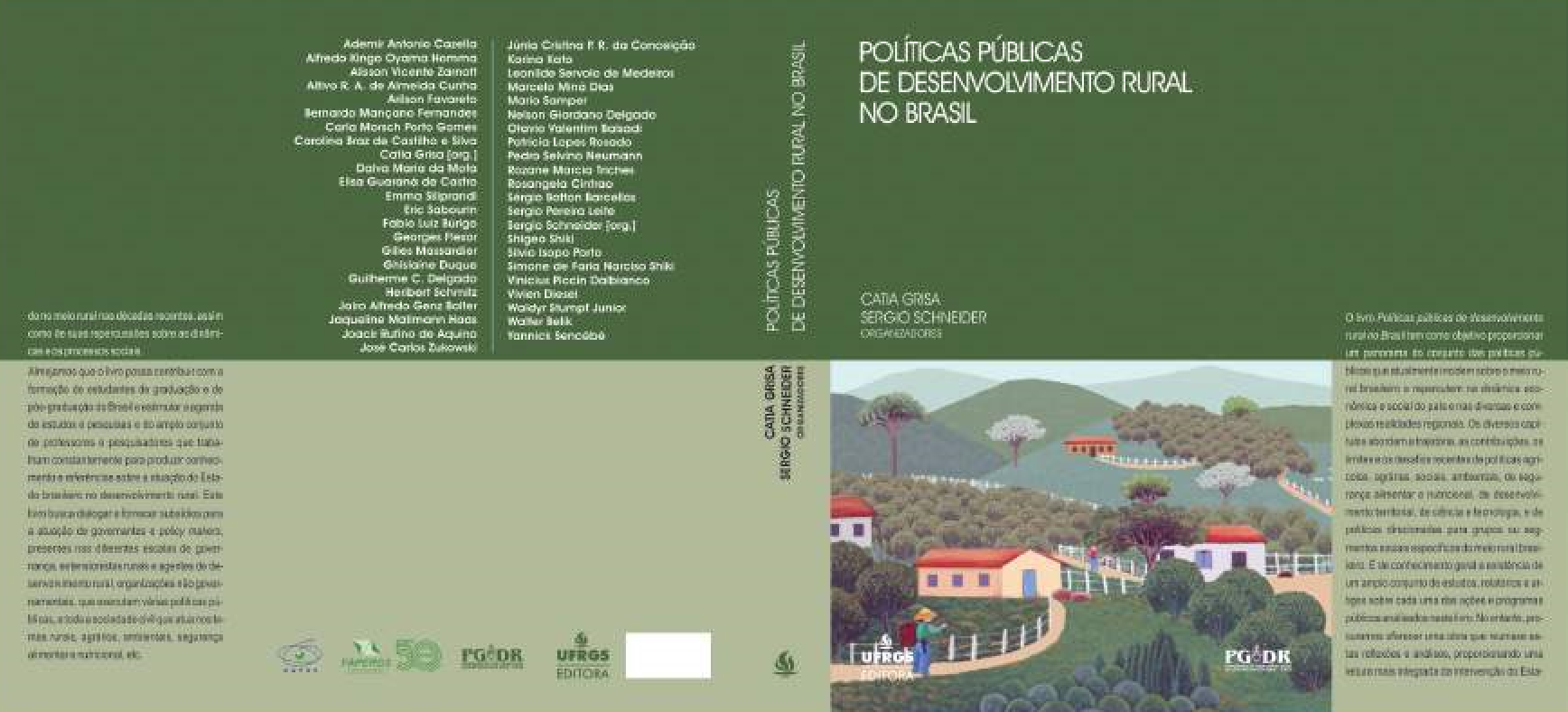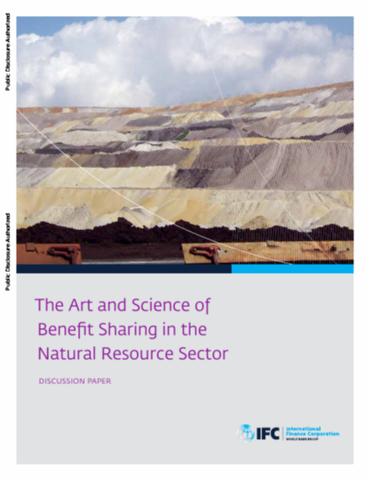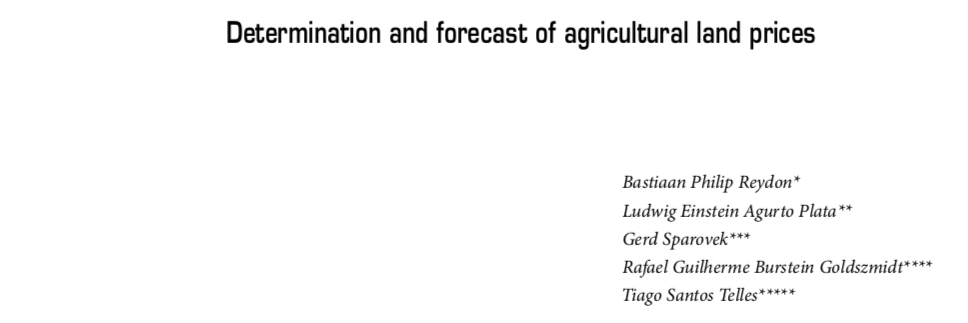Expropriation Bill [B4-2015]: public hearings with Deputy Minister in attendance
The South African Institute of Race Relations said the Bill made it difficult for the compensation amount to be decided by a court, and the Bill did not allow the courts to examine and rule on the validity of the expropriation. The Bill tried to limit how often people could go to court about the amount of compensation. The IRR argued that 60 days was not enough time for the claimant to institute legal proceedings for the determination of the compensation, this should be extended to 180 days. Compensation should include damages for additional losses.





